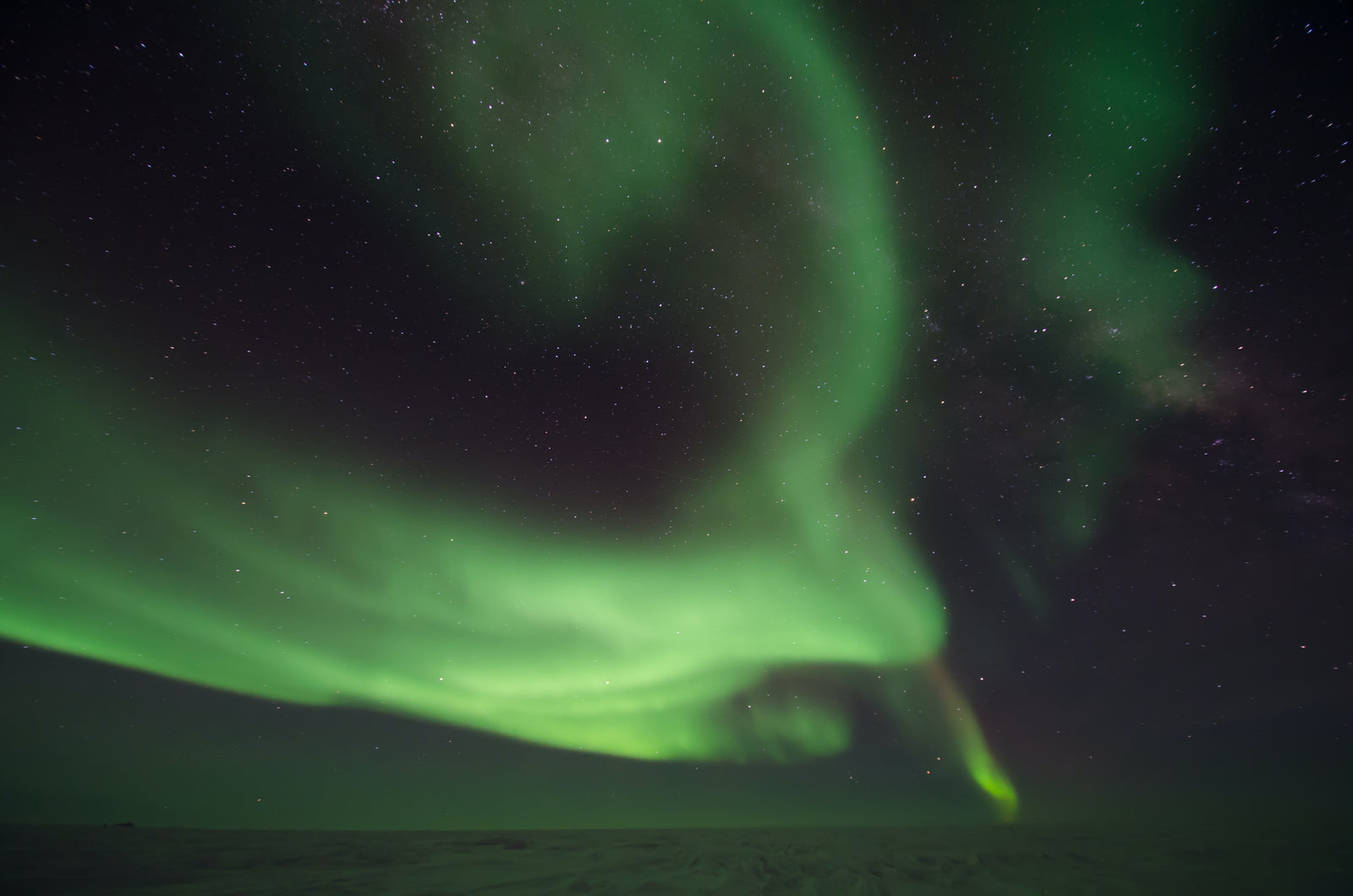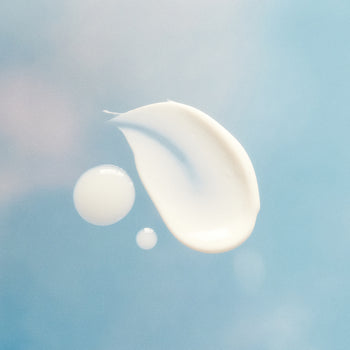
Does CBD get you high?
Will CBD or any of the cannabinoids in our serum get you high? No. Our products don't contain THC.
But that doesn't mean we don't appreciate all parts of the cannabis plant. And because we are people who use cannabis and sell it (even if it's the part that doesn't give you a high), we feel that it is important to communicate its history and want to help everyone understand how we got to where we are in the current cannabis conversation.
Here’s part of the very long story on how cannabis became politicized in the United States and abroad, how legislation and control is rooted in racism and how it’s still negatively affecting communities (particularly Black and brown societies globally) despite more acceptance and celebration.
The first laws against cannabis didn't start in the US but the UK, one commonality is, they both have racist roots.
Despite a medical article in 1843 reporting the effectiveness of cannabis for treating for a wide range of conditions, including cholera, joint pain and seizures and cannabis being legal for decades to help with menstrual pain, nausea and more, the UK was concerned with cannabis use in their colonies. The UK began a campaign against cannabis in the 1840s, ignoring use within England while demonizing use amongst the "labouring class."
Diving deeper into how the UK started its campaign against cannabis, from a Dazed article;
“Politicians in the late 19th century had become obsessed with what they claimed as madness caused by cannabis in the colonies, or as one MP put it, that the “lunatic asylums of India are filled with ganja smokers”… the drug was banned in Mauritius in 1840 due to its popularity “among the labouring class,” and in Jamaica in 1913 due to its "demoralising and deplorable" effect on "the natives”. It was a pretty blatant display of social control that soon leaked over into Britain itself, and the moral panic around cannabis resulted in an international ban in 1928 by the League of Nations. Doctors quickly lost interest in the medical properties and cannabis became viewed as a moral ill, rather than an exciting scientific discovery.”
Reefer madness and propaganda in the US
Cannabis was used in many cultures whether it be for rope for ships, cloth etc. It wasn’t until the 1900s that negative connotations around the plant reached fever pitches in the Americas.
Eric Schlosser in his 1994 Atlantic article "Reefer Madness" wrote the following:
Police officers in Texas claimed that marijuana incited violent crimes, aroused a "lust for blood," and gave its users "superhuman strength." Rumors spread that Mexicans were distributing "killer weed" to unsuspecting American schoolchildren. Sailors and West Indian immigrants brought the practice of smoking marijuana to port cities along the Gulf of Mexico. In New Orleans, newspaper articles associated the drug with African-Americans, jazz musicians, prostitutes, and underworld whites. "The Marijuana Menace," as sketched by anti-drug campaigners, was personified by inferior races and social deviants."
Other quotes from powerful figures?
"Within the last year we in California have been getting a large influx of Hindoos and they have in turn started quite a demand for cannabis indica… They are a very undesirable lot and the habit is growing in California very fast; the fear is now that it is not being confined to the Hindoos alone but that they are initiating our whites into this habit."
Henry J. Finger, a powerful member of California's State Board of Pharmacy, in a 1911 letter.
TLDR; people were freaked out about what cannabis could do due to misinformation and propaganda that, from records, appeared to always underscore a racist tone whether it be anti-Mexican sentiment, anti-Indian sentiment or anti-Black due to the crackdown on Jazz musicians during this time. It was based in fear, not science. Not once did a source "concerned about cannabis" ever reference the widely used tinctures or topicals that were used regularly in white communities throughout the 19th and 20th century prior to its criminalization.
Henry Anslinger’s campaign for relevancy.
Anslinger was appointed as the head of the Federal Bureau of Narcotics in 1930, right as prohibition of alcohol started to disintegrate. How did he stay in power for over 30 years? He made more substances illegal. According to Johann Hari, who wrote the book “Chasing the Scream: The First and Last Days of the War on Drugs,” Anslinger was apparently on record saying that the idea that cannabis use made people mad or violent an “absurd fallacy.”
In Hari’s book;
“From the moment he took charge of the bureau, Harry was aware of the weakness of his new position. A war on narcotics alone — cocaine and heroin, outlawed in 1914 — wasn't enough… They were used only by a tiny minority, and you couldn't keep an entire department alive on such small crumbs. He needed more.”
The result? Anslinger made it his missing to get rid of all drugs in the U.S., like cannabis. This lead to the Marijuana Tax Act of 1937 that made it illegal to own or sell cannabis even though out of 30 scientists he contacted to find out if cannabis was a dangerous drug, 29 disagreed and said it wasn’t.
Anslinger is also credited with spreading the criminalization of cannabis to more countries as America became a larger world power after World War II.
Nixon declares a war on the drugs
Now a well circulated quote, the intent behind Nixon’s War on Drugs didn't have to do with protecting or helping Americans. His aide (and Watergate co-conspirator) John Ehrlichman later revealed their true motivations in Harper’s:
“The Nixon campaign in 1968, and the Nixon White House after that, had two enemies: the anti war left and black people … We knew we couldn't make it illegal to be either against the war or black, but by getting the public to associate the hippies with marijuana and blacks with heroin, and then criminalizing both heavily, we could disrupt those communities.”
Black and brown communities continue to be criminalized for cannabis, even in legalized states
Whether it was Reagan’s continuation of the War on Drugs and every president thereafter, or the fact that even though white Americans use cannabis at the same rate as Black Americans with enormous arrest disparities, the War on Drug’s effects started with Harry Anslinger are still felt today.
Black Americans are arrested for cannabis offenses at a rate of nearly 4:1, compared to white Americans. With almost 700,000 cannabis-related arrests each year (a number that was over 800,000 a few years ago), these policies affect an enormous number of Americans, particularly Black and brown communities.
Even states that have legalized and/or decriminalized cannabis, continue to have racial disparities in arrests with Black and brown communities being arrested in much larger numbers.
What does any of this have to do with CBD?
While hemp and cannabis are plants that produce different compounds (hemp is CBD dominant with under .3% THC and cannabis has a higher amount of THC which is intoxicating), hemp benefits from the cachet of cannabis, a culture that was built buy Black and brown communities. It’s important to recognize this and bring awareness to organizations working on bringing more equity into the space.
Our serum Deliverance contains a cannabinoid complex, and we’re really proud that we’re a member of the Floret coalition. The Floret Coalition is an anti-racist collective of small businesses in the cannabis and cannabis-adjacent space supporting and funding equity-oriented actions via monthly donations and social campaigns. Together, we raise funds and awareness for organizations prioritizing the needs of Black, Latinx, and Indigenous communities.
In addition to our monthly donations, $1 of every sale of Deliverance goes to organization that are Dieux-ing great things. If you're in the cannabis or an adjacent space, we highly recommend you check them out and join us.
Sources:
https://www.aclu.org/news/criminal-law-reform/a-tale-of-two-countries-racially-targeted-arrests-in-the-era-of-marijuana-reform/
https://www.npr.org/sections/codeswitch/2013/07/14/201981025/the-mysterious-history-of-marijuana
https://time.com/5572691/420-marijuana-mexican-immigration/
https://timeline.com/harry-anslinger-racist-war-on-drugs-prison-industrial-complex-fb5cbc281189
https://www.dazeddigital.com/life-culture/article/43726/1/medicinal-cannabis-legalise-uk-law-drugs







